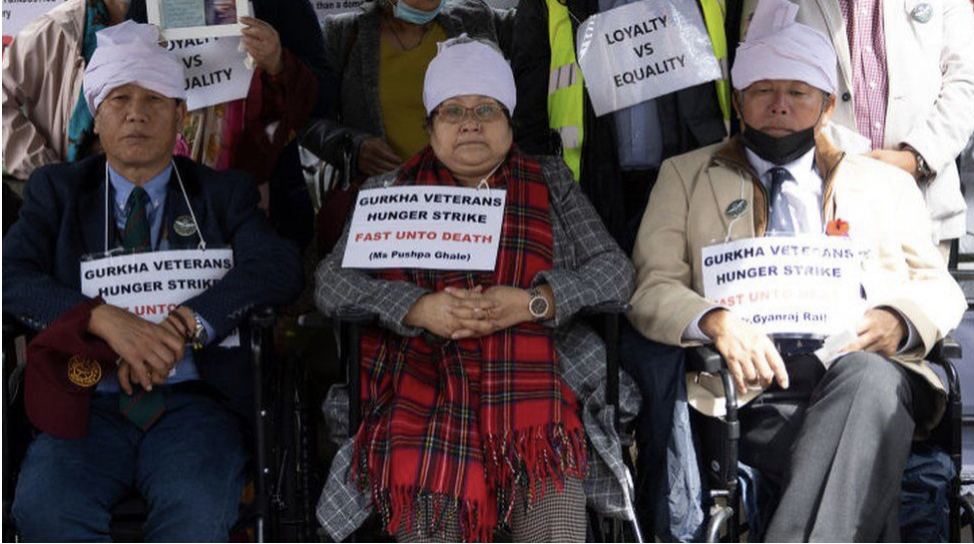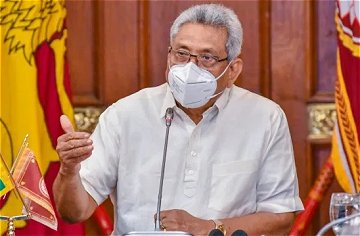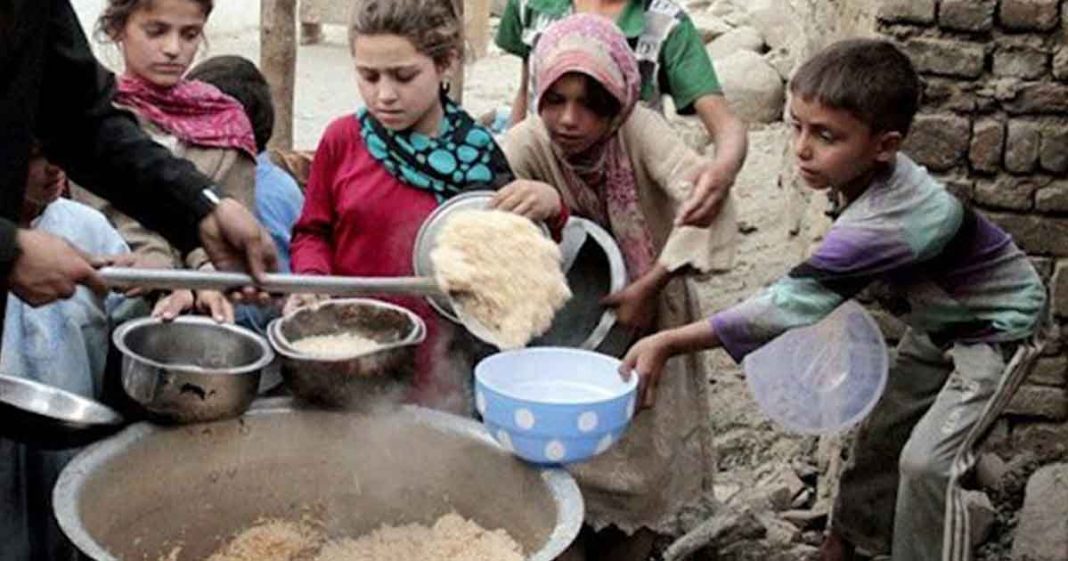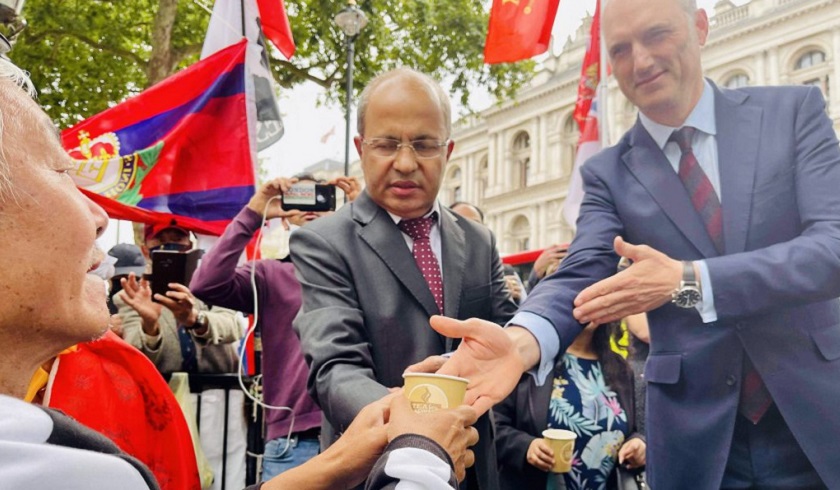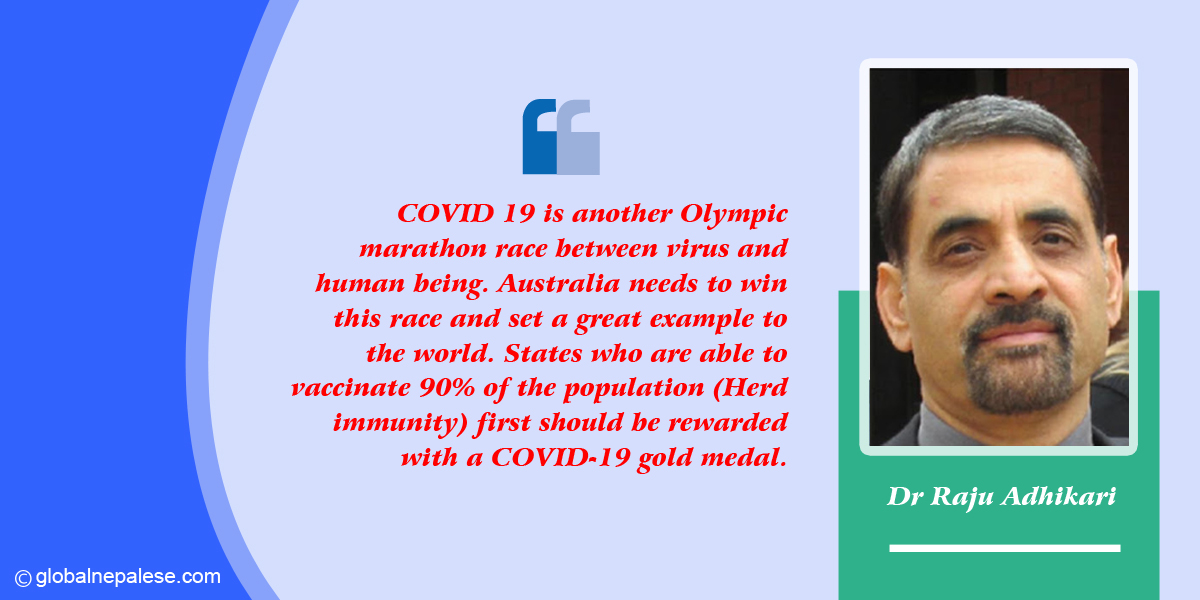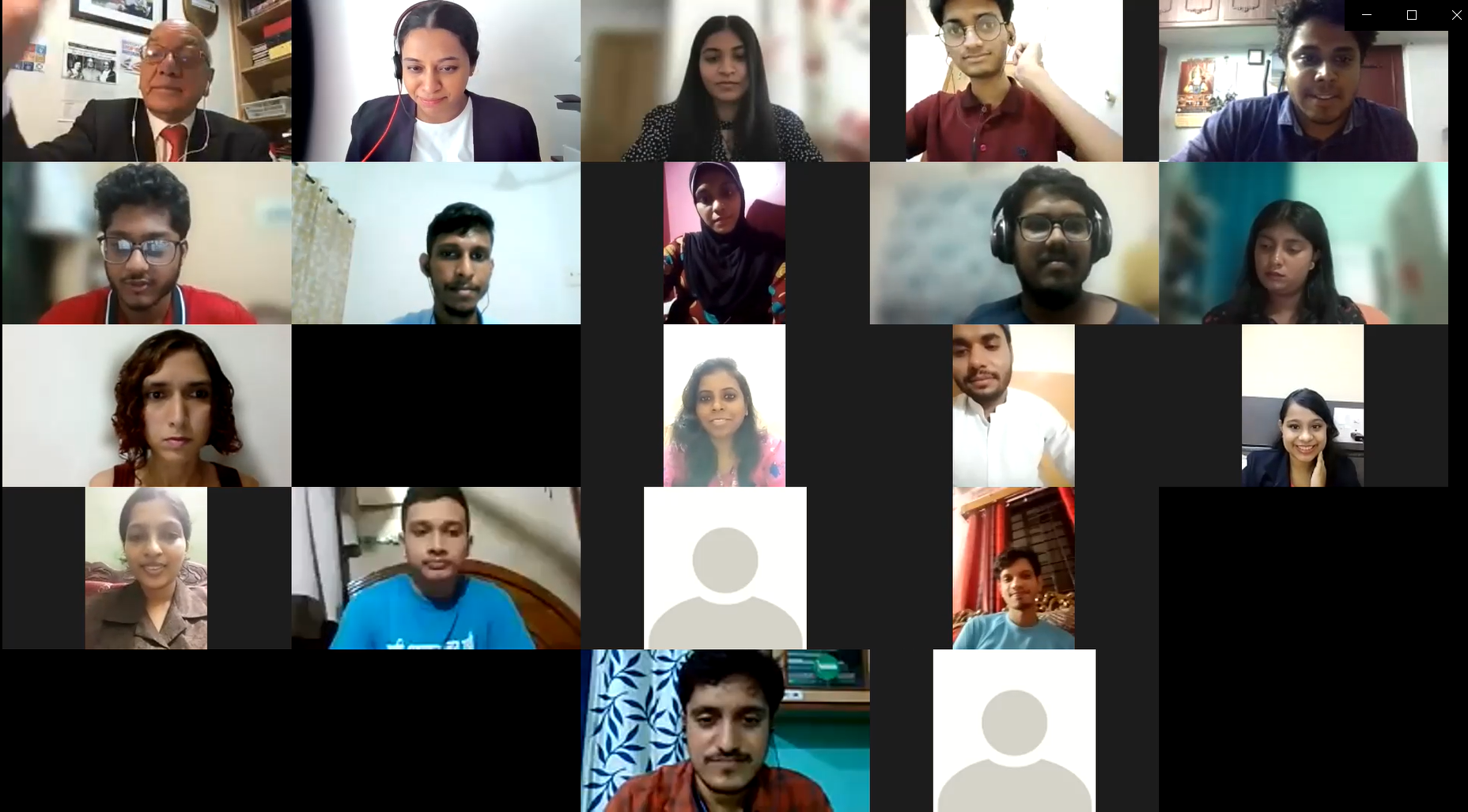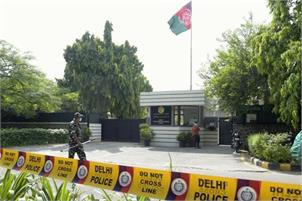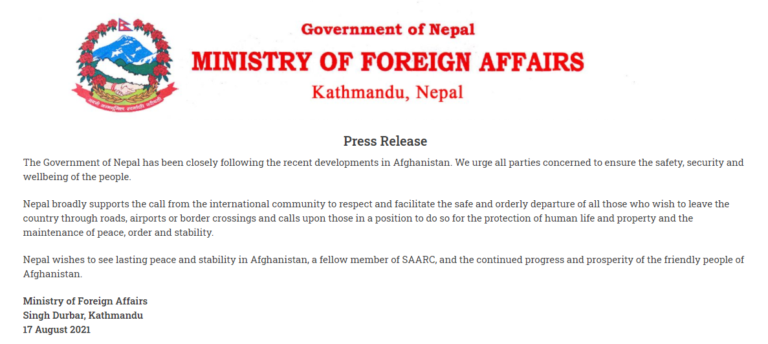By Dr Ramhari Poudyal and Prerana Poudyal
Indian Army Chief of Staff Field Marshal Sam Manekshawonce acknowledged that “If a man says he is not afraid of dying, he is either lying or is a Gurkha.” The Gurkhas are soldiers from Nepal who are one of the top elite military units of the world, serving in the Indian Army and British Army for the last 207 years. As quoted above, Gurkhas are known to be as fearless in combat as they are good-natured in daily life. After a series of hard-fought battles, the historical Treaty of Sugauli on March 4, 1816, was made between Nepal and The East India Company. When the Anglo Nepali war 1814-16 over with the Treaty of Sugauli in 1816 both sides decided that they would be safer as friends rather than enemies, and from that point Gurkha regiments began to be raised as part of East India Company’s army. Since then, we have seen and heard of the stories of the Gurkhas with their self-proclaimed motto: “It is better to die than to live like a coward.’ In 1815 the Gurkhas’ fighting qualities were recognized, and they were first enlisted into the armies of the British Crown.
Their courageousness and resilience is a novelty we are seeing again in the mundane but hopeful year of 2021 as opposite Downing Street, the Gurkhas protested with a hunger strike to campaign for equal pension pay for Gurkhas retiring before 1997 and who are not eligible for full UK Armed Forces pension. One spokesperson among the crowd of strikers, an ex-Gurkha, said: ‘I don’t care if I die’. This perseverance seems to be in the Gurkhas blood as Dhan Gurung also stated: ‘We want to carry on, we don’t want to give up.’
The European Court of Human Rights in 2016 ruled that the exclusion of Gurkhas who served before 1 July 1997 were‘objectively and reasonably justified. Five years later, the Gurkhas are demanding ‘justice’ once again. Gurung, who is currently receiving a fraction of the pension due to the GPS (Gurkhas Pension Scheme) being based on the Indian Army rates, explained that in 1994 his retirement accumulated to only £20 a month which trapped him and his family in poverty. Gurkha veterans previously failed a legal challenge against the situation which was said to have left 25,000 older Nepalese veterans out of pocket. Additionally, British actress and campaigner Joanna Lumley, whose father served in the 6th Gurkha Rifles, joined the hunger strikers outside Downing Street to speak out about how we ‘cannot praise our veterans to the high heavens when it suits them but ignore them and condemn them to poverty when it doesn’t.”
The UK Government for the last 207 years, in dealing with veterans’ pension have applied the same traditional system- divide and rule, in which the Gurkhas and the British are leftsegregated. In using this very outdated 1947 treaty they areexploiting the Gurkhas by using the Indian pay code (dating from the days of the British Raj back in India prior 1947) which means the government has found a ‘loophole’, if you will, where they can get away with paying the Gurkha soldiers significantly less than their British soldier counterparts. Furthermore, Nepalese Government is also not taking the case very seriously as they hesitate to raise the matter strictly with the British Government.
Withal, there is a light: after 13 days with more than 100 protestors marching alongside the group in support on Wednesday 18th August and with one of the members, Dhan Gurung, even being taken to hospital due to the hunger strike after his heart slowed down (although later being discharged)- the Ministry of Defence agreed to meet the Nepali ambassador, Lokdarshan Regmi, and the group next month to talk over pension rights grievances. The Ministry of Defence said: “We greatly value the huge contribution Gurkhas make to the British Army and ensure they are supported with a generous pension and medical care during retirement in Nepal. “We look forward to meeting with the group next month alongside the Nepali ambassador to move forward together.” Further, the petition to support the Gurkhas equal pension rights has generated 105,435 signatures online so far. You can find the petition here:https://petition.parliament.uk/petitions/594155
In a tweet, the Gurkha Equal Rights campaign group wrote: “The hunger strike is over, but the next battle has just begun in the 30+ year war for equal rights. Preparations for dialogue will begin on Sept 8, to schedule a meeting in December with the British and Nepali governments and Gurkha veterans. The last hunger strike was in 2013, and a meeting never happened. We need to make sure we hold both the British and Nepali government accountable in their negotiations”. As the UK is the mother country of Democracy, Human rights, and freedom we can only hope this means that the Gurkhas hunger strike and endless campaigning will be met with a strategic new plan to eradicate the exclusion of Gurkhas who served before 1997 or will we see that Gurung’s words regarding the British government as ‘penny-pinching’ be proved to be a tale as old as time?
References
https://www.bbc.com/news/uk-england-hampshire-58274264
Picture source https://www.gov.uk/government/news/defence-minister-and-prince-harry-celebrate-200-year-relationship-with-nepal–2
Prince Harry and Defence Minister Mark Lancaster at the Embassy of Nepal to celebrate the bicentenary of UK-Nepal Relations
https://www.bbc.co.uk/news/uk-58159773




